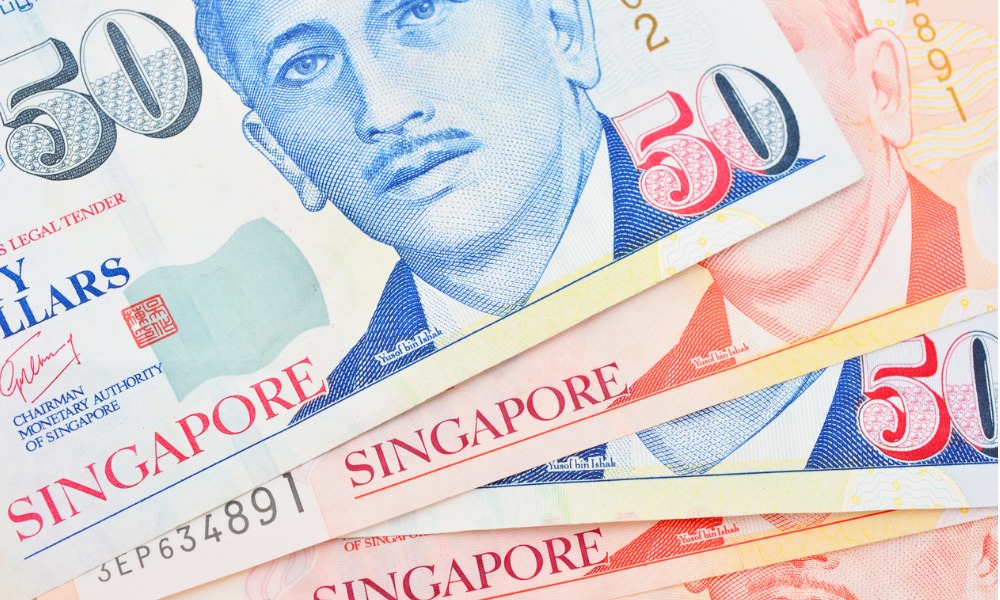The international relations concept of ‘soft power’ provides valuable lessons for boardroom politics
The concept of ‘soft power’ is usually used in politics to describe a leader who attracts and co-opts their followers’ support rather than coercing them or giving them money. Coined by Joseph Nye of Harvard University in 1990, the concept is also applicable in the boardroom.
Applying the practice of soft power in the way you lead means that you are able to build better networks and have a more satisfied workforce because you are opening up the communication lines between yourself and your colleagues and subordinates.
Rather than simply telling executive colleagues what to do, you are asking them to be part of the process, thus acknowledging their importance in the executive team. This is especially critical for HR directors, who don’t have formal authority over their boardroom colleagues and are often newcomers to the c-suite.
Dilys Boey, Asean People Advisory Services Leader, Ernst & Young Advisory previously spoke to HRD about the importance of persuasion, role-modeling, and soft power in leadership.
“Leadership plays a vital part in role-modeling the acceptable behaviours, actions and decision-making behaviour to shape the ethical culture of organisations,” said Boey.
Applying the practice of soft power in the way you lead means that you are able to build better networks and have a more satisfied workforce because you are opening up the communication lines between yourself and your colleagues and subordinates.
Rather than simply telling executive colleagues what to do, you are asking them to be part of the process, thus acknowledging their importance in the executive team. This is especially critical for HR directors, who don’t have formal authority over their boardroom colleagues and are often newcomers to the c-suite.
Dilys Boey, Asean People Advisory Services Leader, Ernst & Young Advisory previously spoke to HRD about the importance of persuasion, role-modeling, and soft power in leadership.
“Leadership plays a vital part in role-modeling the acceptable behaviours, actions and decision-making behaviour to shape the ethical culture of organisations,” said Boey.





